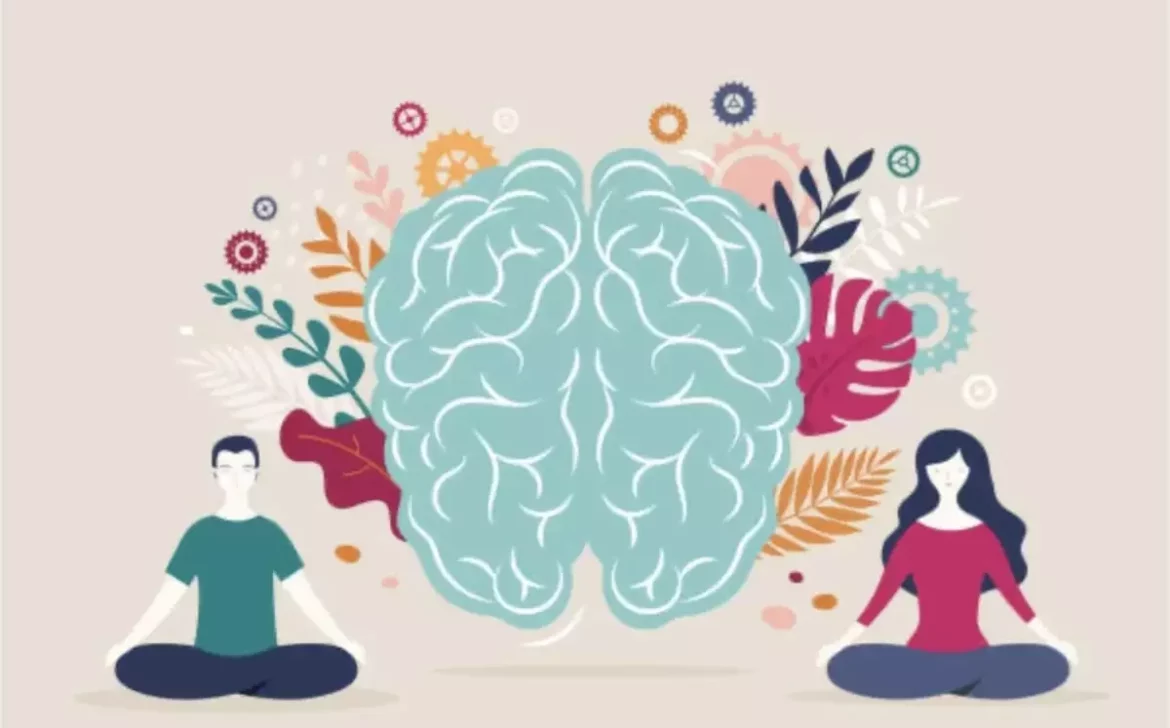The Growing Importance of Mental Health Awareness and Support in 2024
In recent years, mental health has become a critical issue, gaining increased attention and recognition worldwide. As we navigate through 2024, the importance of mental health awareness and support continues to be paramount. This blog delves into the significance of mental health, the challenges faced, and the various strategies and resources available to support mental well-being.
Understanding Mental Health
Mental health refers to our emotional, psychological, and social well-being. It influences how we think, feel, and act, affecting our ability to handle stress, relate to others, and make choices. Mental health is essential at every stage of life, from childhood and adolescence through adulthood.
Mental health disorders encompass a wide range of conditions, including depression, anxiety, bipolar disorder, and schizophrenia. These conditions can significantly impact a person’s quality of life, making it vital to address mental health with the same urgency as physical health.
The Current State of Mental Health
The global landscape of mental health has been shaped by numerous factors, including the COVID-19 pandemic, economic uncertainties, social isolation, and more. According to the World Health Organization (WHO), depression is now the leading cause of disability worldwide, and one in four people will be affected by mental or neurological disorders at some point in their lives.
The pandemic exacerbated existing mental health issues and introduced new stressors for many. Social isolation, fear of illness, and economic hardships contributed to a significant increase in anxiety and depression cases. As a result, there has been a growing demand for mental health services and support systems.
The Stigma Surrounding Mental Health
Despite increased awareness, stigma around mental health remains a significant barrier to seeking help. Many individuals feel ashamed or embarrassed to admit they are struggling, leading to delayed or avoided treatment. Stigmatization can come from cultural beliefs, societal attitudes, or a lack of understanding about mental health conditions.
The Role of Awareness in Combating Stigma
Raising awareness is crucial in combating the stigma associated with mental health. Education and open conversations can help dispel myths, reduce misconceptions, and foster a more accepting and supportive environment. Public campaigns, such as World Mental Health Day, play a vital role in promoting awareness and encouraging individuals to seek help.
Mental Health Support Systems
Support systems for mental health include a wide range of services and resources designed to assist individuals in managing their mental well-being. These support systems can be categorized into professional services, community support, and self-help strategies.
Professional Services
-
- Therapy and Counseling: Professional therapists and counselors provide a safe space for individuals to discuss their feelings and challenges. Various therapeutic approaches, such as cognitive-behavioral therapy (CBT), dialectical behavior therapy (DBT), and psychodynamic therapy, are tailored to address specific mental health issues.
- Psychiatric Services: Psychiatrists are medical doctors who specialize in diagnosing and treating mental health disorders. They can prescribe medication and offer therapeutic interventions to manage conditions like depression, anxiety, and bipolar disorder.
- Crisis Intervention: Crisis intervention services are available for individuals experiencing acute mental health crises. These services provide immediate support and connect individuals with the appropriate care and resources.
Community Support
-
- Support Groups: Support groups bring together individuals facing similar challenges, providing a sense of community and mutual understanding. These groups can be led by professionals or peers and offer a space to share experiences and coping strategies.
- Nonprofit Organizations: Numerous nonprofit organizations work to support mental health initiatives, offering resources, education, and advocacy. Examples include the National Alliance on Mental Illness (NAMI) and Mental Health America (MHA).
- Hotlines and Helplines: Crisis hotlines and helplines offer immediate support and guidance for individuals in distress. Trained professionals provide assistance, listen empathetically, and direct callers to appropriate resources. For instance, the National Suicide Prevention Lifeline is available 24/7.
Self-Help Strategies
-
- Mindfulness and Meditation: Mindfulness practices and meditation techniques can help individuals manage stress, reduce anxiety, and improve overall mental well-being. Apps and online resources, such as Headspace and Calm, make these practices accessible to a broad audience.
- Exercise and Physical Activity: Regular physical activity has been shown to improve mood, reduce stress, and enhance mental health. Activities like yoga, running, and even walking can have significant benefits.
- Healthy Lifestyle Choices: A balanced diet, adequate sleep, and avoiding substances like alcohol and drugs contribute to better mental health. Making positive lifestyle choices can enhance emotional and psychological well-being.
The Role of Technology in Mental Health Support
Technology has revolutionized mental health support, making resources more accessible than ever before. Teletherapy, mental health apps, and online support groups offer convenient and effective ways to access care.
Teletherapy
Teletherapy allows individuals to connect with therapists and counselors through video calls, phone calls, or messaging. This approach has been particularly beneficial during the pandemic, ensuring continuity of care while maintaining physical distancing.
Mental Health Apps
Numerous apps provide tools for managing mental health, including mood tracking, guided meditation, and cognitive-behavioral exercises. These apps offer a convenient way to incorporate mental health practices into daily life.
Online Support Groups
Online support groups and forums provide a platform for individuals to share their experiences and receive support from others facing similar challenges. These virtual communities can be a valuable source of connection and understanding.
The Future of Mental Health Awareness and Support
As we move forward, the focus on mental health awareness and support is likely to grow. Increased funding, research, and policy initiatives will play a crucial role in improving access to care and reducing stigma. Employers, educational institutions, and communities will continue to recognize the importance of mental well-being and implement supportive measures.
Innovations in technology, such as AI-driven mental health tools and virtual reality therapy, hold promise for enhancing mental health support. Additionally, ongoing efforts to integrate mental health into primary care and expand insurance coverage for mental health services will contribute to a more comprehensive approach to mental well-being.
Conclusion
Mental health awareness and support are more important than ever in 2024. By understanding the significance of mental health, addressing stigma, and providing robust support systems, we can create a more compassionate and supportive world. Whether through professional services, community support, or self-help strategies, there are numerous ways to prioritize mental well-being and ensure that no one has to face their challenges alone. Together, we can build a future where mental health is valued, supported, and understood.
- “Mental health is essential at every stage of life, from childhood and adolescence through adulthood. To understand more about what mental health entails, check out our comprehensive guide: What is Mental Health?“
- “Despite the increased awareness, stigma around mental health remains a significant barrier to seeking help. Learn more about how we can combat this stigma in our article: Combating Mental Health Stigma“
- “Support groups bring together individuals facing similar challenges, providing a sense of community and mutual understanding. Discover the benefits of joining a support group: The Benefits of Joining a Support Group“



